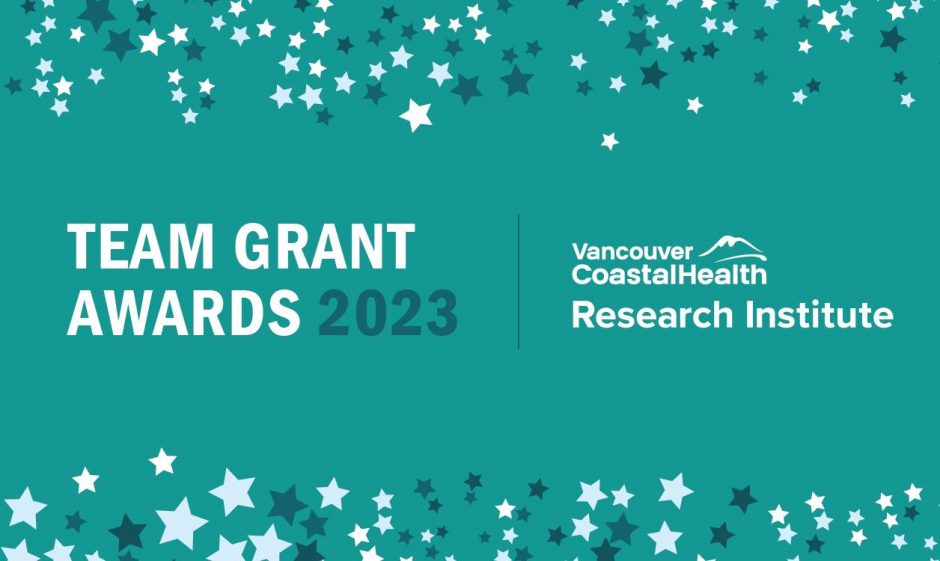
Sleepsense: Implementing SleepSense Technology for Hospitalized Older Adults
Sleepsense
The team aims to explore the feasibility and acceptability of SleepSense® technology in an in-patient subacute geriatric and psychiatric setting. SleepSense® is a non-wearable, unobtrusive sleep monitoring sensor, different from the currently in place visual checks and nursing documentation, which uses a Somnolog. This study will be guided by the Collaborative Action Research framework, ensuring a comprehensive approach.
The findings from this study will provide insight as to whether a sleep sensor placed under the foot of the bed is an effective, objective, and feasible means of sleep monitoring. This study aligns with the VCH collaborative care model to facilitate improved patient care and outcomes and is supported by the Vancouver Coastal Health Research Institute (VCHRI) as part of VCHRI 2023 Team Grant Awards.

Research Design and Progress

- The Canadian Academy of Geriatric Psychiatry (CAGP) Annual Scientific Meeting 2024, Vancouver
- The Gerontological Society of America’s Annual Scientific Meeting 2024, Seattle, WA.
At our Sleepsense meeting in May 2024, we explored our interdisciplinary, intergenerational, and patient-oriented research using the Sleepsense sensor to enhance care for older adults. Committed to EDI principles—justice, equity, diversity, inclusiveness—and intercultural inclusivity.


Co-investigator/primary contact: Cromwell G. Acosta, RN, at cromwell.acosta@vch.ca
Co-investigator: Joanna Lawrence, PT, at joanna.lawrence@vch.ca, or at 604.827.0891
Co-investigator: Michelle Towell, OT, at michelle.towell@vch.ca, or at 604.362.1823
